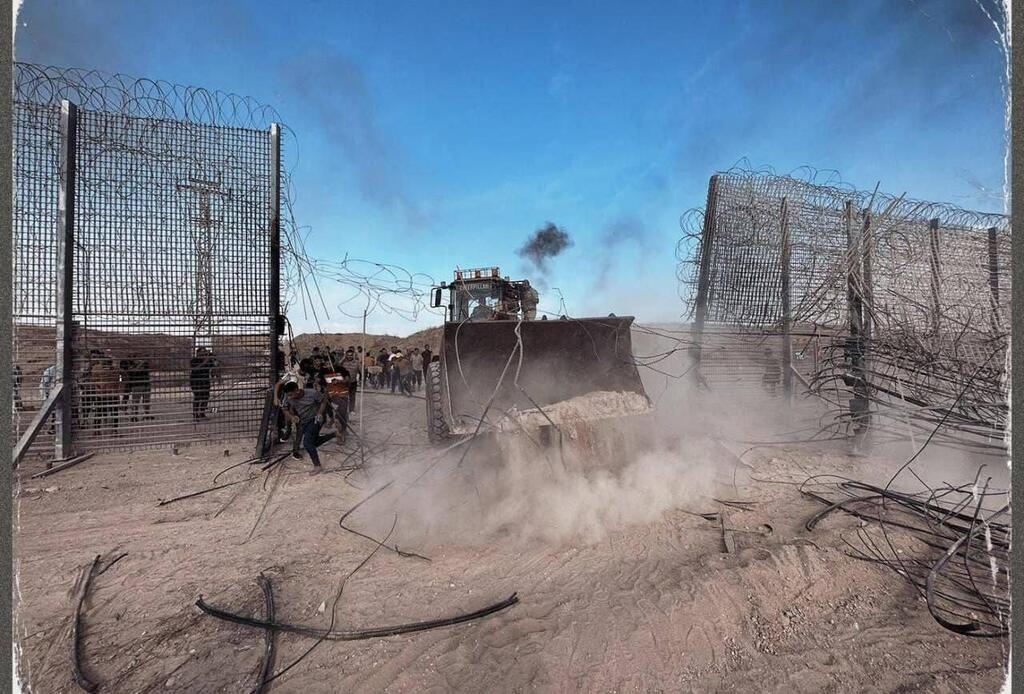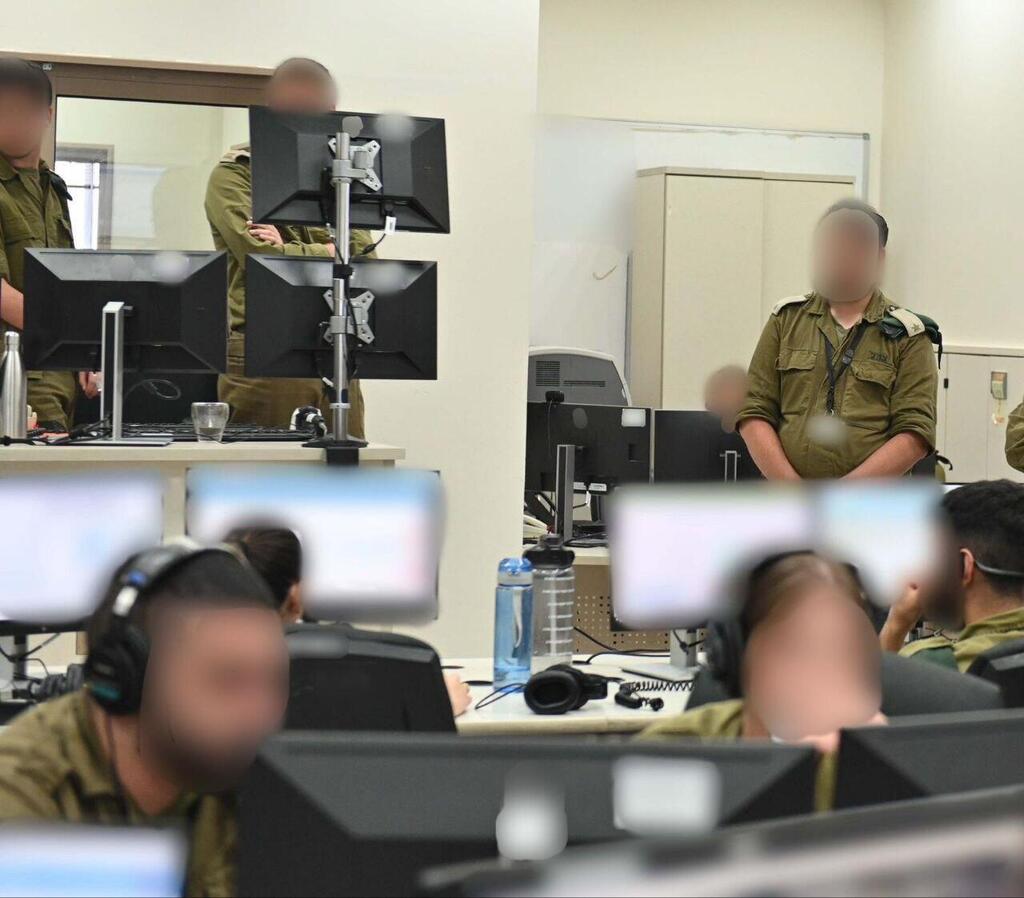Getting your Trinity Audio player ready...
Before October 7, Israeli decision-makers did not view the Gaza Strip as any kind of significant threat. Israel had diligently added to its hailed Iron Dome air defense system a cutting-edge and staggeringly costly underground barrier to prevent the tunneling into Israeli territory and the highly sophisticated border fence.
These measures were driven by the containment concept in the decision-making echelons of security and government. Nevertheless, tragically, on October 7, we all witnessed the crushing failure of these advanced and supposedly unbreachable barriers in just a matter of minutes.
We witnessed an utter failure on the part of the IDF Intelligence Directorate and Shin Bet to raise a red flag in the days before the October 7 attack. The intel-collecting network of the IDF Intelligence and Shin Bet had become increasingly reliant on advanced technology, and there are many who claim that this came at the expense of classic indispensable human intelligence, or HUMINT.
Meanwhile, the Intelligence Corps' vaunted Unit 8200 had completely forgone the gathering of electronic intelligence – SIGINT. Unit 8200 had also altogether stopped intercepting Hamas tactical radio transmissions. Another staggering example of the overconfidence and inaptitude of the IDF and Shin Bet senior command was the intel showing that dozens of Israeli SIM cards were activated at once from within the Gaza Strip. Senior Intelligence and Shin Bet command again chose not to heed these unequivocal and resounding warnings.
Moreover, the alert systems in Unit 8200, which designed the system, were not online in the hours before the attack. In addition, another no less critical system did not produce critical data ahead of the attack because it was shut down due to the Sukkot holiday. The failure was the lack of planning, and the misguided belief that commanders could control their forces without actually being in the battle arena.
These responses can only be explained by an overconfident leadership that is bound by unrealistic concepts. Prior to October 7, Israeli leadership believed that Hamas was deterred and could not breach the physical border fence and that Israel’s intelligence capabilities were in any case superior. It was also reckoned that the Gazan economy was more important to Hamas than fighting Israel and that all the indications observed ahead of October 7 were simply Hamas’ standard military exercises.
Human misuse of technology was the real issue
The problem therefore was not the technology but the human misuse thereof. In recent years, the IDF Intelligence Directorate has in fact unfortunately become out of touch with the enemy – its intentions and modes of thought and even with its language.
Just to illustrate, there is an increasing reliance on automatic translation technology to understand the intel. Every soldier dealing with intelligence from Israel’s Arab enemies must have a profound understanding of them and their culture – language included. Thus, means such as automatic translation may play an instrumental role in intel gathering, but cannot be the main pillar of any SIGINT collection effort.
Technological superiority does not always guarantee victory, however. One example that should be mentioned due to its relevance to the current conflict is the Trophy, aka Windbreaker, armored vehicle protection system. The IDF neglected to provide the technology to protect tanks against armed drones, although the ongoing conflicts both in Syria and Ukraine prove that this is a prevalent and significant threat to tank maneuverability. Could it be that this consideration was swept aside because the easy solution of mounting an awning on the tank turret is simply not technologically “sexy” enough?
Technology is crucial for victory
On the other hand, Hamas was able to marginalize some of the IDF’s technological advantages by employing primitive means such as planks of wood to breach the border fence. Nevertheless, advanced technologies were and still remain crucial components in the IDF’s ability to deal with the vast armies of Israel’s enemies.
Even after the shock of October 7, many cases illustrate this. The superiority of the IDF in the air, on land, at sea and in intelligence gathering is a crucial factor in its ability to deal with many simultaneous arenas: Gaza, Lebanon, West Bank, Yemen, Iraq, Syria and Iran. Anyone with a modicum of sense understands that no significant achievement can be made in these arenas without aerial superiority.
 Dr. Jacob Rimer
Dr. Jacob RimerYet technological superiority – as crucial as it may be – is not enough on its own and must be complemented with a fighting spirit, ever-adapting doctrine, leadership on the battlefield and human intelligence and creativity. This is what wins a war – not technology alone. However, at the same time, the IDF is required to instill in all technological units the perception that technology is a means and not an end.
This requires more extensive technological training for all senior commanders, including those in the field units. It is also imperative to formulate a doctrine that implements the technology such that it becomes instrumental in defeating the enemy. Israel is developing the use of artificial intelligence large language models (LLM) for evaluation and decision-making in conflict. This particular field is still in its infancy, and for now, it is still not a sufficient substitute for a skilled intelligence analyst. However, in the future, this measure may help prevent the misguided and detrimentally limiting conceptions, and in turn – another tragic outcome such as October 7.
Dr. Jacob Rimer is a senior researcher at the IDSF Research Department, a former senior official in the Israeli security apparatus, and an AI, cyber and security consultant




